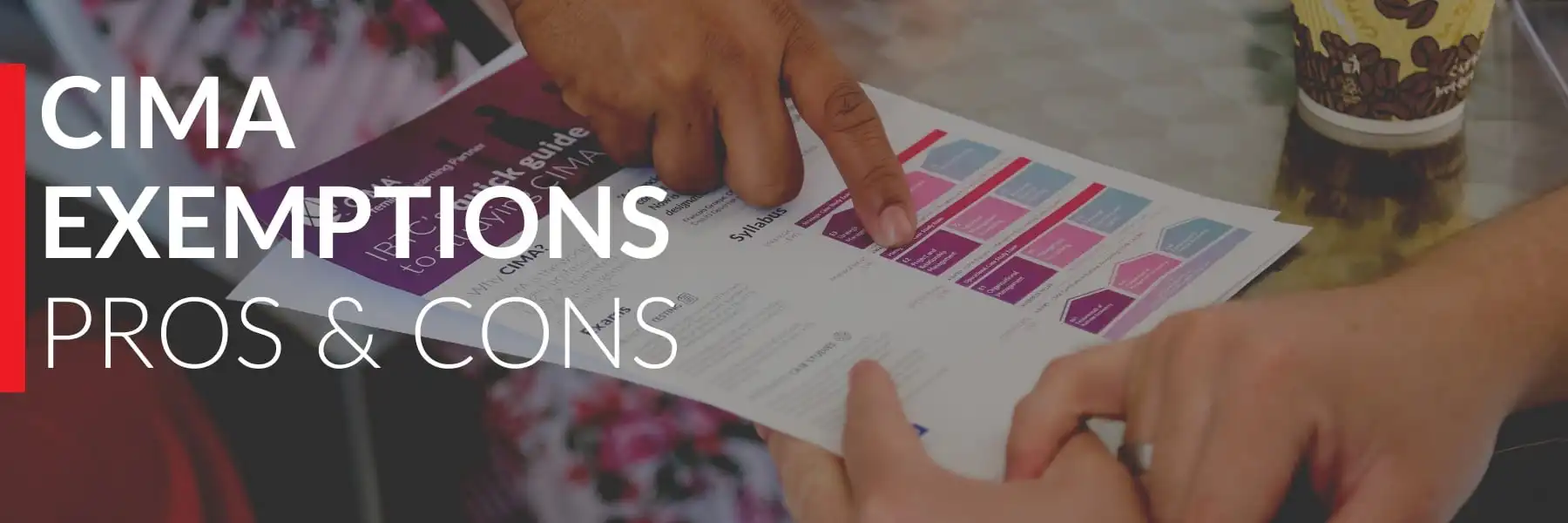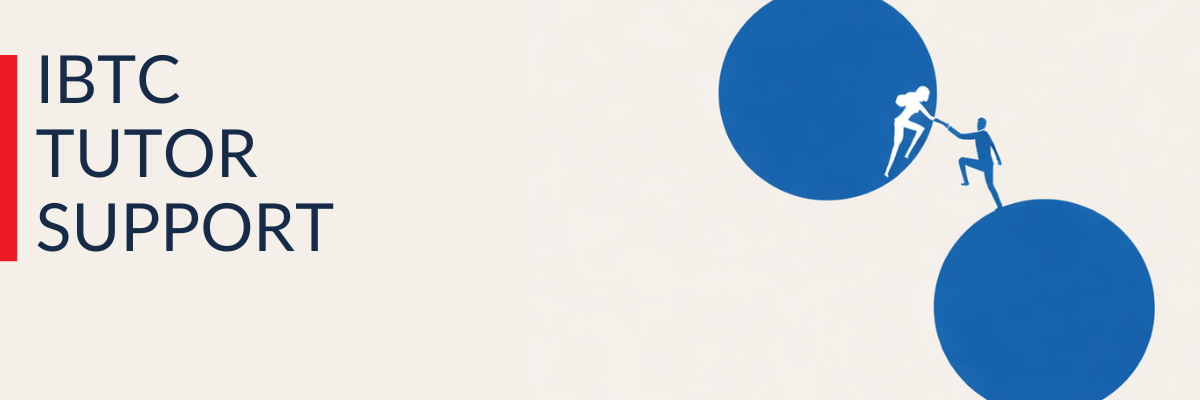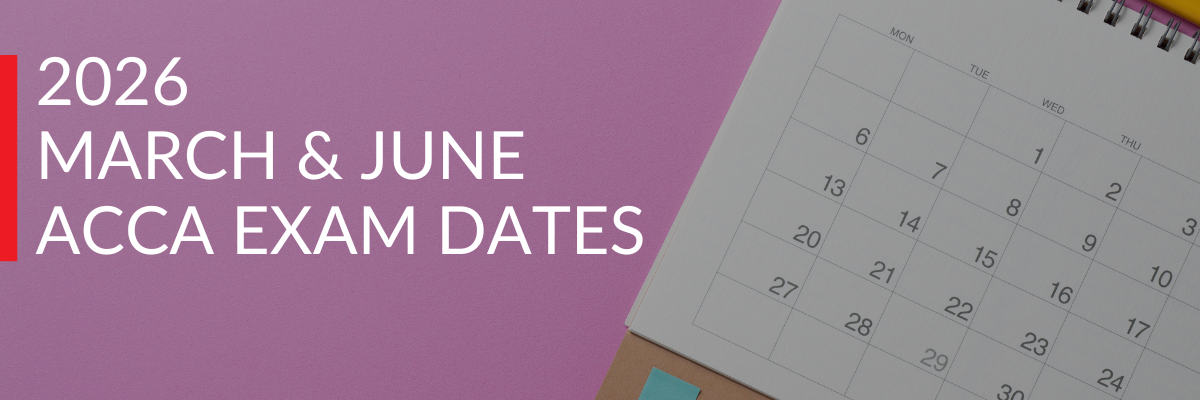Students may be exempt from certain levels in the CIMA Professional Qualification if they hold a relevant degree or prior work experience. This allows candidates with the right knowledge to fast-track the process of becoming a CGMA.
This may sound like a no-brainer to anyone aiming to complete their studies in the shortest amount of time possible. However, like most shortcuts, this can often lead to greater pitfalls further down the road.
We asked some of our lecturers to give their thoughts on the advantages and disadvantages of the exemption process.
Who is eligible for CIMA exemptions?
CIMA exemptions are awarded to students who:
- Have a qualification from a CIMA accredited programme
- Have completed a degree related to the CIMA syllabus
- Have an MBA or Masters in Financial Accounting
- Are members of SAIPA/SAICA
- Have gathered relevant work experience in a related field.
How to apply for exemptions
Step 1 - Register with CIMA. You can only apply for exemptions once you have registered as a CIMA student. The cost of registration is £95 (roughly R2000, depending on the current exchange rate).
Step 2 - Search for your qualification on the CIMA database. This will give you an idea of where in the progamme you will be able to start from. You may still be eligiable for exemptions even if you are unable to find your qualification in the exemption search.
Step 3 - Send all relevant documents (qualifications/work experience) to CIMA ([email protected]) for review. The exemption process is free and you should receive a confirmation email within 72 hours.
Step 4 - Wait for exemption feedback from CIMA. This can take anywhere between 10 to 20 working days, so we recommend using this time to acquaint yourself with the CIMA syllabus and course structure.
Step 5 - Accept or decline the CIMA exemptions. It is best to weigh up the pros and cons of this process before rushing into a decision.
Pros
Time & Money Saved
The primary benefit of CIMA exemptions is the time and money saved by not having to complete the earlier levels of the qualification. Being exempted from a level also mitigates the risk of potentially failing and spending additional time and money on rewrites.
Get Extra Value for Previous Qualifications
You should always aim to maximise the return on any investment. The same applies to the countless hours and money spent on prior qualifications. By leveraging past experience, CIMA exemptions give you the opportunity to do just that.
Cons
Knowledge Gaps
Each level within the CIMA qualification builds on the one which came before it. While your experience and past qualifications may deem you fit for an exemption, this could lead to knowledge gaps regarding smaller details or sections you have not have touched on in some time.
Out of Date Information
The CIMA syllabus is regularly updated to give candidates the most relevant skills and knowledge possible. Because of this, things you learnt in an Accounting degree 5 years ago could no longer be relevant to your CIMA qualification today.
Lack of Question Practice
Correct exam technique can often make the difference between failing and passing, particularly in the Case Study examinations. By virtue of not writing the earlier CIMA examinations, students miss out on this opportunity to hone their skills before reaching the later levels of the qualification.
Exemptions will save you time and money in the short term, however insufficient revision of exempted modules and exam question papers can often end up costing more in the long run. Our lecturers recommend that students take the time to review exempted course content and ensure they are familiar and comfortable with the concepts covered in these modules.
We're happy to assist any students looking to apply for exemptions. Simply get in touch with our support team at [email protected] or call us on 086 111 1411.






